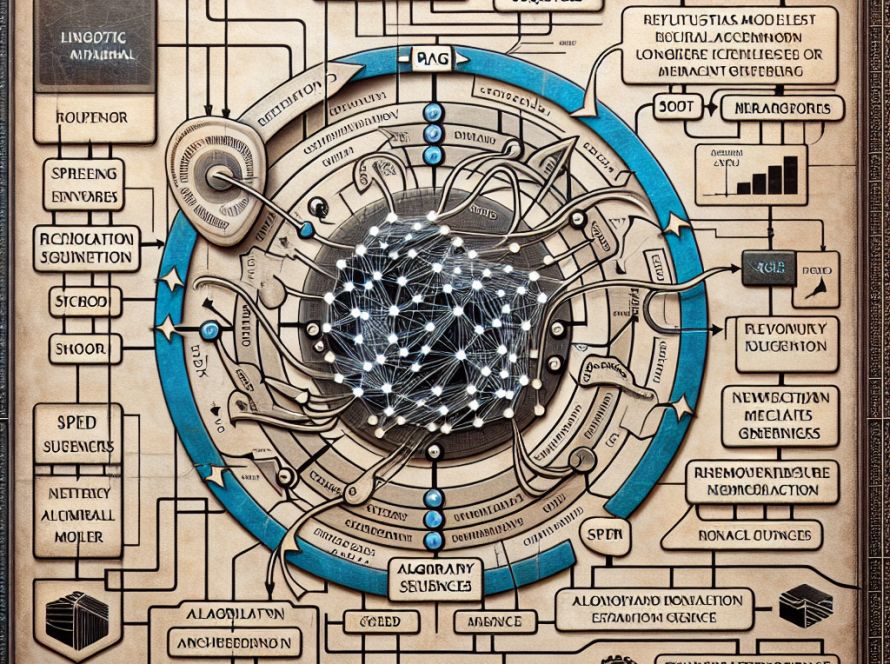The research team at Microsoft has developed a new, more efficient method of teaching robots complex tasks. The new method, called Primitive Sequence Encoding (PRISE), enables machines to break down intricate activities into simpler tasks, and learn them step-by-step. This technique shows great potential for improving machines’ overall learning capabilities and performance within a shorter time frame, as opposed to simultaneous training across all possible actions.
PRISE is influenced by methods utilized in Natural Language Processing (NLP). It translates the machine’s infinite actions into a finite set of codes. A vector quantization module is pretrained for this function, and the Byte Pair Encoding (BPE) technique used in NLP (to condense text) is deployed to identify minute routines within the action codes. For testing purposes, the method known as Behavior Cloning is used, where PRISE uses these fine-tuned skills instead of a complete set of instructions. This method resulted in more efficient and faster processes than other methods.
The effectiveness of PRISE’s ‘skill tokens’ setting was assessed through pretraining, using large-scale, multitask offline datasets, then evaluated in two offline imitation learning (IL) scenarios – learning a multitask generalist policy and few-shot adaptation to unseen tasks. The results showed that the use of skill tokens in PRISE led to a significant improvement in performance compared to other existing algorithms.
In comparison to unseen tasks in the MetaWorld tasks dataset, PRISE surpassed all other baselines by a significant margin, underscoring its effectiveness in swiftly adapting to unfamiliar downstream tasks.
To conclude, the Microsoft research team has developed PRISE, a new methodology for robotics that enhances their multi-tasking abilities and helps them learn and adapt to new tasks much faster. The method was built on the NLP method known as the Byte Pair Encoding tokenization algorithm and has outperformed all other existing algorithms. The research not only improves the performance of robots but also has potential for significant interdisciplinary contributions to advancing robot technology.
Microsoft has made all their research on PRISE publicly available. Asif Razzaq, the CEO of Marktechpost Media Inc., has championed their development, highlighting the potential of Artificial Intelligence to impact society positively. He has recently launched an Artificial Intelligence Media Platform, Marktechpost, to provide in-depth and accessible news on machine learning and deep learning – drawing over 2 million monthly views, underlining its immense popularity. Full access to their work can be obtained through their website or subscribing to their newsletter.


